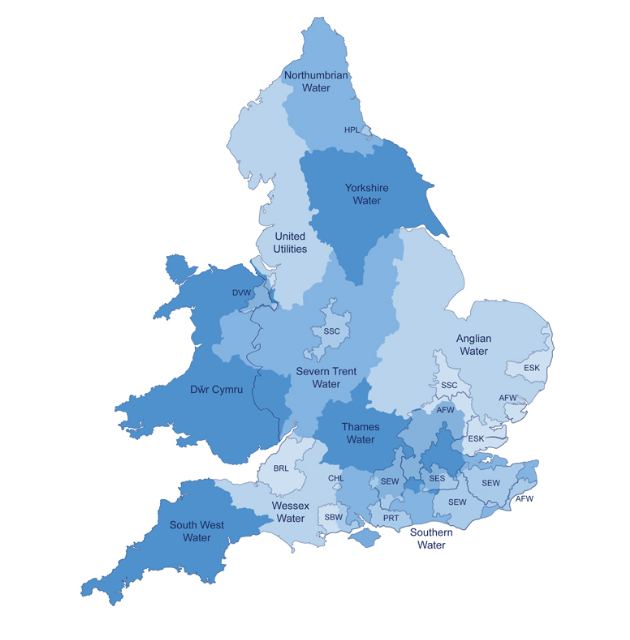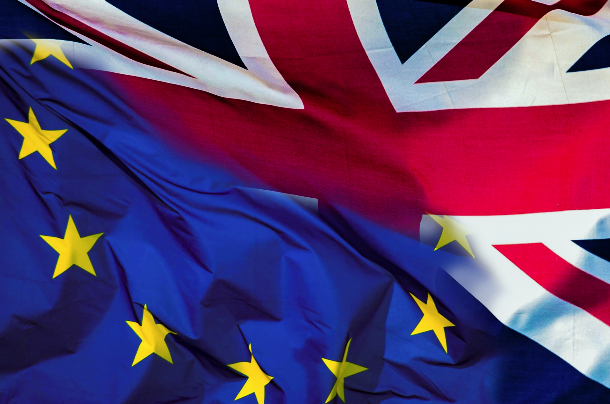With 2016 flying by, it’ll be 2017 before we know it. Before the new year is upon us, we’re taking a look at the changing legislation and how it will affect UK businesses.
Brexit:
It’s not clear when Article 50 will be triggered. However, Theresa May has revealed that it will be before the end of March 2017. Removing the UK from the European Union will cause huge uncertainty as legislation changes cause disruption throughout the country. The energy sector will be no exception; the EU has rules and regulations which the member countries must follow. As we will no longer be one of these countries, the targets and regulations which are not enacted in UK law will no longer be binding.
For the energy sector, there are three main policies, set by the EU, which the UK must abide by until Article 50 is triggered. These are:
- Securing energy supplies to ensure reliable distribution whenever and whenever it is needed
- Creating sustainable energy consumption; lowering emissions, pollution and our dependance on fossil fuels.
- Ensuring affordable and reasonable prices for domestic and non domestic energy by providing a competitive environment for energy providers.
It’s important to understand these objectives when discussing the changes that will occur next year, as they have shaped the current EU strategies. Almost 70% of our energy and environmental objectives have come from the EU, and so removing ourselves from this will be a difficult task our government will have to navigate. They must decide whether to revoke our UK laws which have resulted from EU Treaties, or allow them to remain in place.
Some of our regulations, however, are unlikely to change. For example: the carbon budget was very much a British objective; introduced with the UK Climate Change Act (2008) which looks to avoid dangerous climate change by ensuring the net UK carbon account for the six greenhouse gases is at least 80% lower by 2050 than the 1990 comparison. Since this was a British piece of legislation, it’s not likely to change.
As well as this, the Energy Saving Opportunity Scheme (ESOS) is an energy assessment and savings scheme for businesses with over 250 employees or an annual turnover of over £50 million. This will continue to be in place post-Brexit unless the government repeal it, and so businesses will need to continue being compliant.
The EU Renewable Energy Directive (RED) requires the UK to generate 15% of it’s energy from renewable sources by 2020. This energy includes electricity, heating and transport, and has always been a high target for the UK to reach. In 2014, the EU agreed a target aiming to cut carbon emissions across all EU countries by 40% by 2030 from the 1990 baseline. These targets were divided up in a process called ‘burden sharing’; countries share the targets equally and each is allowed to decide how their member state intends to meet these goals. Post-Brexit, Britain’s movement towards these targets may slow without the current obligation, however, it’s unlikely to stop completely. Britain’s Climate Change Act actually imposes stricter legislation on the country for us to cut the emissions we produce. Whilst the UK remained in the EU, wind farms were granted permission to be built; the use of these farms will benefit us long after our exit, in terms of our renewable energy.
It’s unclear at this point what legislation will and won’t change as Britain makes it’s exit from the European Union. As policies are updated, accepted as UK law, or repealed by parliament, our energy advisors work to always know the latest changes, ensuring your business is always compliant and up to date with regards to how the legislation will affect you.
Water Deregulation:
You can find our full blogpost dedicated to water deregulation here, however, it’s important to mention it again here, in our 2017 predictions, as it will serve to be a huge shake up in the water industry. In April 2017, following the example Scotland set in 2008, the non-domestic water market will deregulate; allowing businesses over a certain size to choose their own water supplier. This will hugely benefit businesses, as it allows them to choose a supplier based on their own requirements: paying a better price for the water they are receiving, and due to previously unprecedented competition, they will receive a higher level of customer service.

Here at The Energy Network, all of our expert energy advisors are constantly watching the market trends and are always up to date on the latest changes in legislation. We keep our clients updated through our weekly blogs, and our Twitter and Linkedin accounts- so be sure to follow us!

